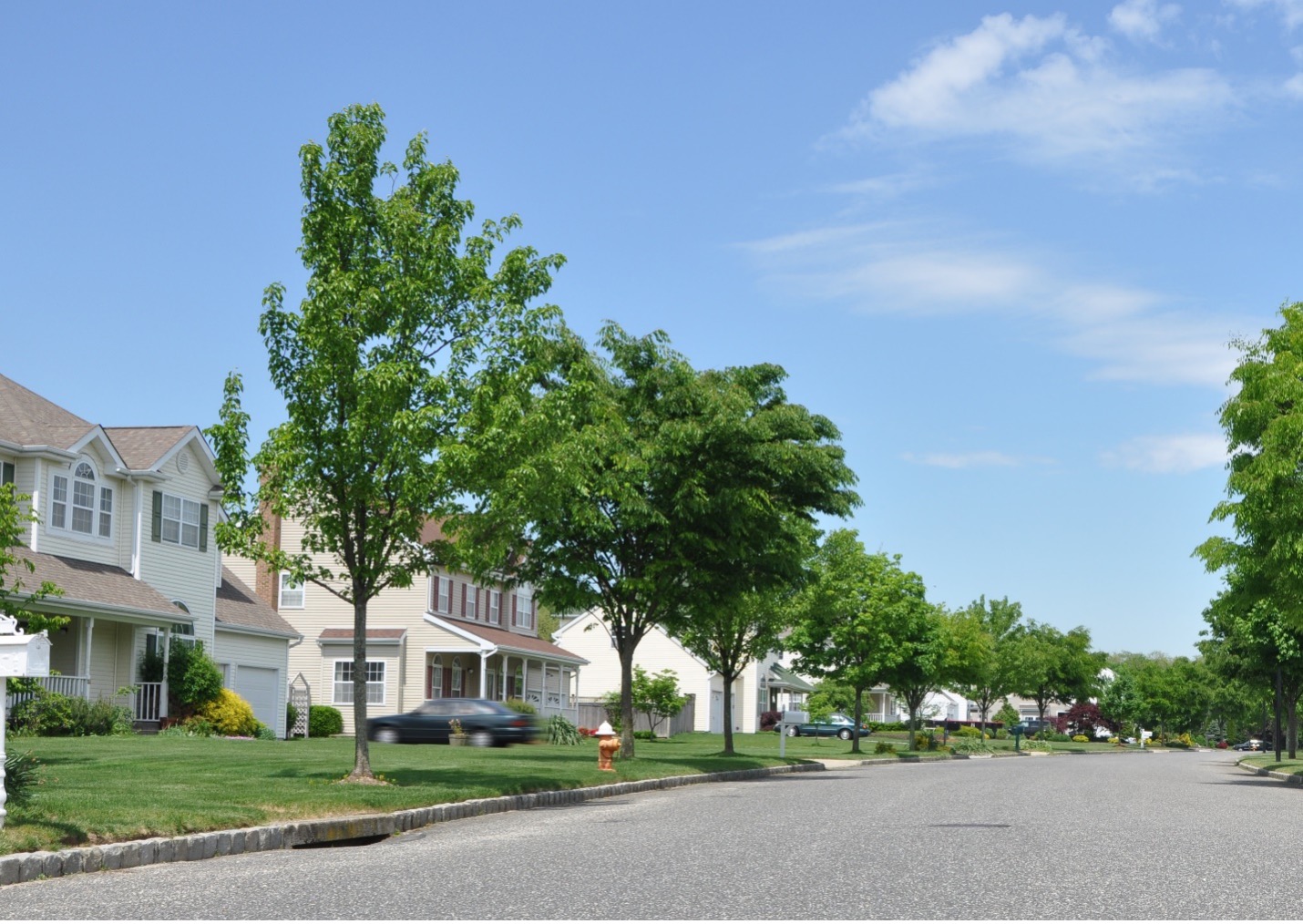- Insurance resources
- Home Insurance Resources
- What is Dwelling Coverage?
What is Dwelling Coverage?
Dwelling Coverage is the part of a standard homeowners insurance policy that helps protect the physical structure of your home. This can include any permanent fixtures attached to your home like a garage. Your coverage limit is usually based on the estimated cost to rebuild the home in the event of a covered loss.

Frequently asked questions about Dwelling Coverage
What's the difference between homeowners insurance and Dwelling Coverage?
A standard homeowners or condo insurance policy, is made up of 4 main parts
- Dwelling (home's physical structure)
- Personal Property Coverage (your personal belongings)
- Liability (helps cover bodily injury or property damage you or family members cause to other people or pets)
- Additional Living Expenses (covers living expenses if you can't live in your home due to covered damage)
So, Dwelling Coverage is just one part of your homeowners or condo insurance policy.
What's covered by Dwelling Coverage?
For covered losses, Dwelling Coverage can help pay to rebuild or repair your home's
- Physical structure
- Permanent fixtures
- Certain appliances
What does Dwelling Coverage protect for a condo?
Dwelling Coverage for condos differs in that it covers the part of the dwelling you own (the interior walls). This can include any permanently installed updates (flooring, countertops, fixtures, cabinets, etc.).
What types of hazards are covered under the dwelling part of a homeowners insurance policy?
For covered losses, Dwelling Coverage typically covers damages caused by
- Fire/smoke
- Lightning strikes
- Windstorms
- Hail
- Explosion
- Vandalism and theft
- Falling objects
- Damage from a motor vehicle or aircraft
- Damage caused by the weight of snow, sleet, or ice
Homeowners and condo insurance policies will differ between companies. If you aren't sure what is a covered dwelling hazard under your homeowners or condo insurance policy, talk to your insurance company.
What isn't covered under the dwelling part of my homeowners or condo policy?
Typically, Dwelling Coverage doesn't cover damages caused by
- Floods
- Earthquakes
- Sewer/water back-ups
- Damages to your home's structure that are caused by a lack of home maintenance
Insurance coverage for flood, earthquakes, and water backup can usually be added to your policy or bought separately.
Is my detached woodshop or shed covered under my home insurance policy's Dwelling Coverage?
No. In most cases structures on your property that are not attached to your home aren't covered under a home insurance policy's Dwelling Coverage. Examples of non-attached structures that aren't covered are
- Detached garage
- Garden shed
- Shop
- Fences, etc.
These types of structures may be covered under the "other structures" part of a homeowners policy. To make sure you have the coverage you need, check your policy's documents or contact your insurance company.
Is my roof considered part of my dwelling?
Yes, because your roof is attached to, and is part of, your home, it's considered part of your dwelling.
For a covered loss, the dwelling part of your home insurance may help pay for repairs to your roof, walls, and ceilings. However, if the damage to your roof was caused by a lack of proper home maintenance, age, and normal wear and tear, coverage typically won't apply.
How much Dwelling Coverage do I need?
You want to buy enough Dwelling Coverage to be able to repair or replace your home in the event of a covered loss. Some insurance companies multiply by the square footage of your home when considering the cost to rebuild at today's prices. They also consider your home's age, location, upgrades, and other factors. Remember, a covered dwelling loss is subject to your home insurance policy's deductible.
What's extended Dwelling Coverage?
Extended Dwelling Coverage is an additional amount of insurance that you may be able to add to your home insurance policy. This coverage can help pay for covered losses that exceed your policy's current Dwelling Coverage limits.
Simply put, this type of Dwelling Coverage gives extra compensation to rebuild your home with like kind and quality building materials if the cost to rebuild your home is more than what is stated in your policy.
What is a dwelling fire policy?
A dwelling fire policy provides coverage for homes that you own but that aren't considered your primary residence. Examples include
- A secondary residence
- Vacation homes
- Cabins
- Cottages
- Investment/Rental homes,
- Vacant homes (ex., houses for sale, going through repairs, or a renovation)
Related content
Begin your free online quote
Please note: Information presented on this page is intended to be general information about insurance and is not specific to Liberty Mutual policies. Policies and coverages vary by state and insurer. Contact your insurance company to understand specifics regarding your policy and coverages.